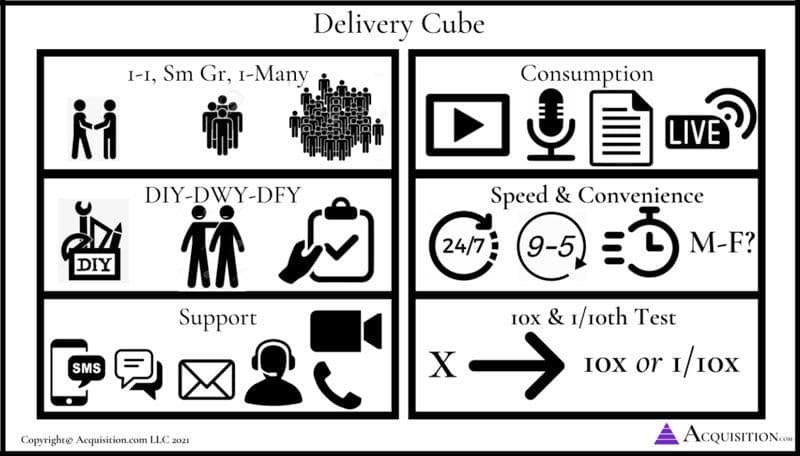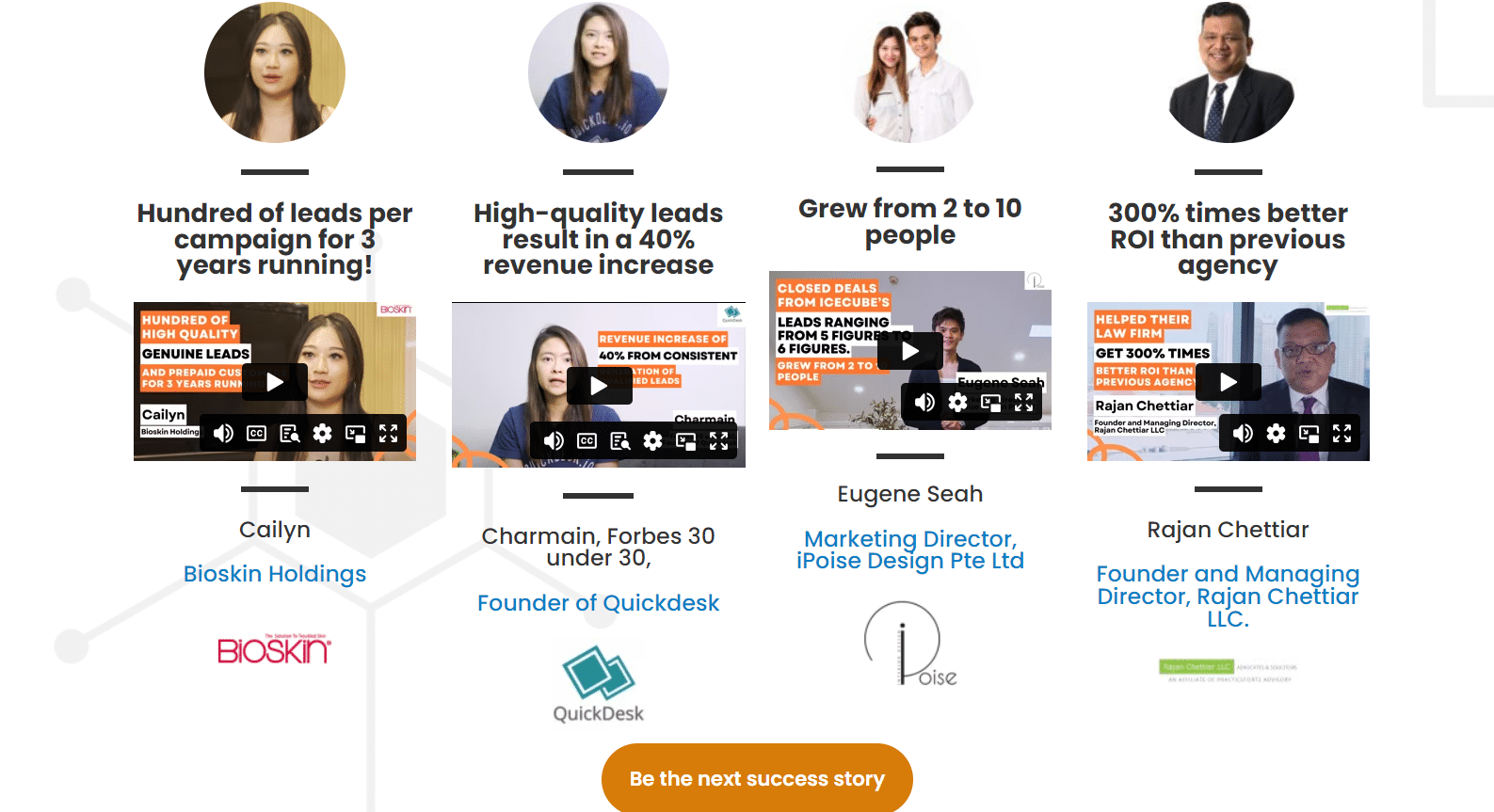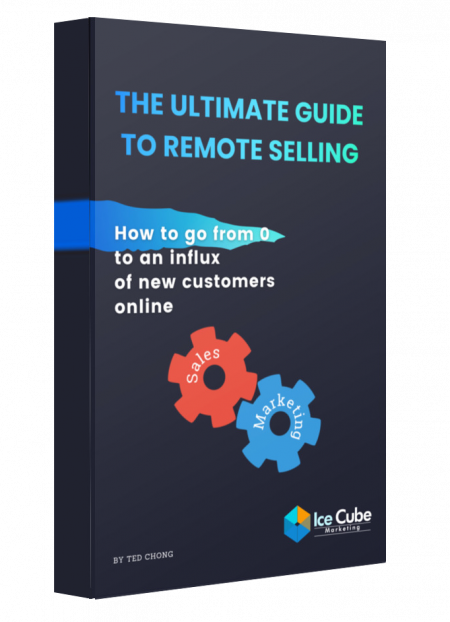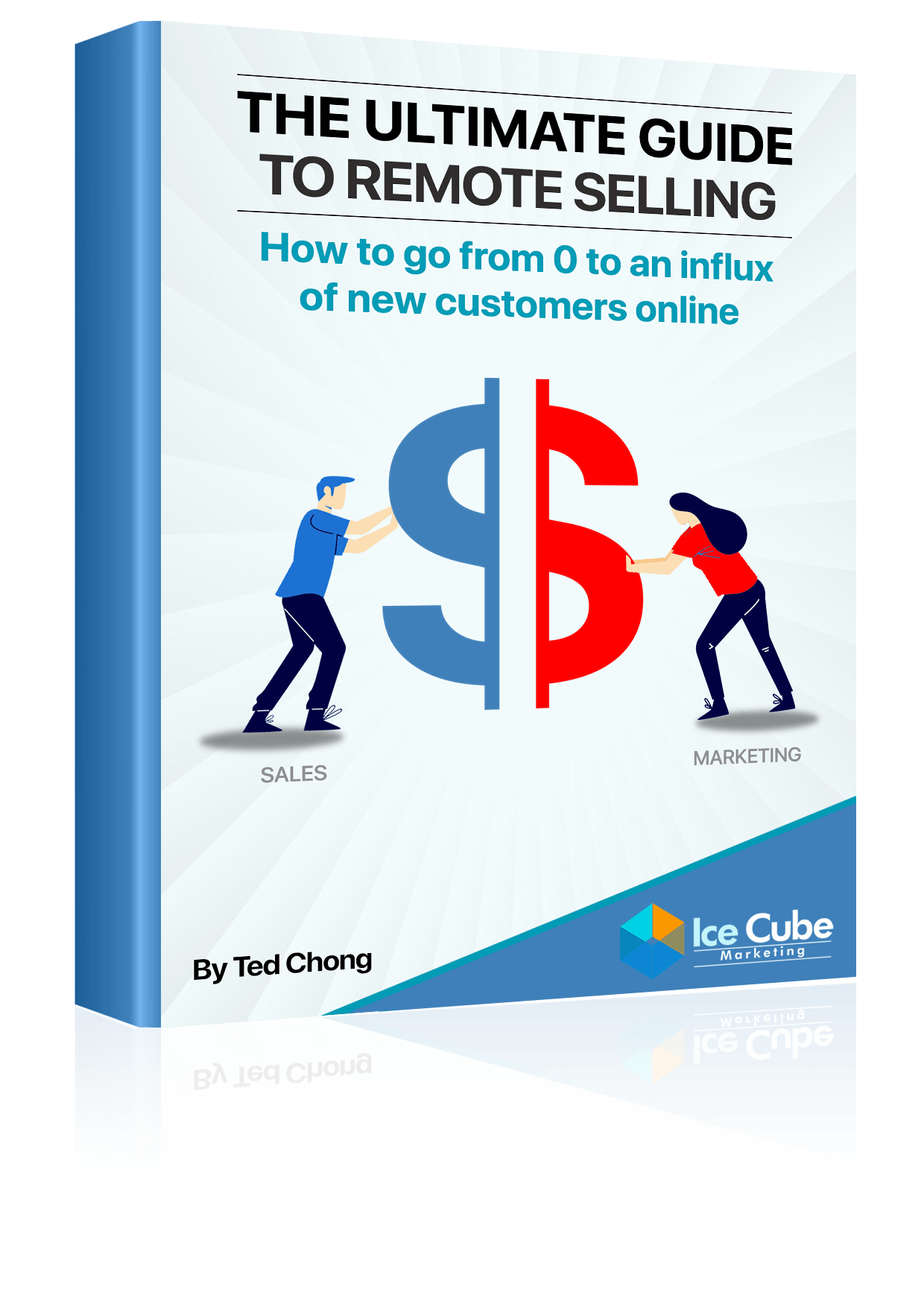
The World Bank has rated Singapore as the best country to do business in for the last 10 years. Unsurprisingly, there are more than 400,000 registered business entities in Singapore, according to ACRA. This is a huge number considering our modest population size of slightly over 5million people.
Companies, mostly Pte Ltd companies form the largest percentage of all types of businesses in Singapore, followed by sole-proprietorships. This is likely due to the ease of registering & maintaining such entities, as well as the tax benefits enjoyed by Pte Ltd companies.
Formation of Businesses Across Industries in Singapore
There were approximately 14 main industries which had the biggest impact on Singapore’s economy in 2017.
Of these industries, Wholesale Trade along with Professional, Scientific & Technical Activities comprised the largest group of newly-formed businesses in 2017 with 9,786 and 9,719 respectively.
Over the past decade, Wholesale Trade in Singapore has continued to lead all industries in business growth. There are a couple of factors that have supported this particular industry over the past ten years within Singapore.
1 – Government policies encouraging free trade and a stable trading environment.
2 – Strategic Location: Singapore is situated right in the middle of some major sea lanes in Asia facilitating import & export among Asian countries in that area such as China, India, Malaysia, and Indonesia.
As for the future of Singapore’s Wholesale Trade industry/sector, the country plans on riding on the coattails of the recent Asian consumer boom by implementing a newly formed industry map which will focus on improved skill sets and digitalization among the exchange of goods between businesses within the country and abroad.
In regards to the Professional, Scientific & Technical industry in Singapore, the growth of businesses within these sectors has mainly been spurred on by Singapore’s intellectual property laws which closely guard new ideas and inventions. In the most recent World Economic Forum’s Global Competitive Report, Singapore was ranked #4 globally for institutional intellectual property protection and #1 within its region.
Earlier this year (2018), the Singaporean Ministry of Finance began new initiatives that were focused on developing specialized skills within the professional services sector such as consulting, accounting, advertising, and engineering services.
At the end of 2017, Singapore established a 3-point thrust program as part of the country’s enhanced growth strategy. The thrusts were as follows:
Thrust 1 – Allocate more capital to frontier technologies such as AI.
Thrust 2: Continue to support companies dealing in tech-based products.
Thrust 3: Develop more talent within the area of frontier technology.
Not All Industries Succeed in Singapore: Cessation of Businesses in Singapore
While the above information supports the idea that Singapore is a business-friendly country, there are, however, operating in Singapore alone does not automatically ensure business success.
In 2017, there were a number of businesses within the 14 industries listed above that ceased to exist. Out of these, Wholesale Trade and Transportation & Storage led the pack with 8,010 & 7,119 ceased businesses respectively.
Here is why:
Wholesale Trade: Singapore’s exports have been on a recent decline as of late due to a perceived threat of a global trade war that would undoubtedly affect the country’s exporting businesses.
Another major reason is that as more and more businesses enter the booming Singaporean wholesale Trade industry, higher competition arises pushing the “smaller” companies out. High growth industries like Wholesale Trade tend to also have a lot of failed businesses each year because of high competition.
Transportation & Storage: Many of the reasons for last year’s failure in the Wholesale Trade sector in Singapore are the same for the Transportation & Storage sector as well – the “Big One” being the possibility of an upcoming global trade war. Imports and export trade relies on transportation and storage, and visa versa. Threats of a trade war have not been good for businesses in either sector.
A second major factor which may have contributed to the large number of failed Transportation & Storage companies last year in Singapore was the increasing oil prices which have cut into the industry’s already tight profit margins.
Before-Tax Profits of Singapore Businesses
Almost all of the 14 major industries operating in Singapore show a substantial before-tax profit.
The highest percentage of before-tax profits of all businesses operating in Singapore belong to those in the Financial & Insurance industry for various reasons.
By the end of 2017, the financial sector reported record-breaking profits because of a credit cycle upswing, reduced liquidity risks in the banking sector. As for the insurance sector, it remained properly-capitalized and there were more insurance premiums being paid due to increased awareness among Singaporeans who wished to preserve their capital and protect their assets through various insurance policies.
Advertising & Entertainment Expenses
Wholesale trade appears to have spent the most on Advertising & Entertainment at 7,274 million dollars expenditure but it accounts for only 0.362% of its total expenses, making it even lower than the average percentage spend of 0.627% among all services sectors. This suggests that wholesale trade is not reliant on advertising. It is likely the case because wholesale trade is predominately a ‘relationship’ business.
On the other hand, information & Communications Services sector allocated 3.25% of its total expenses to Advertising & Entertainment, clocking in the highest percentage spend among all services sector. This is unsurprising considering that this sector is typified by rapid innovations and technological changes. It’s adoption of digital marketing for mass outreach would be likely.
How do we measure up against other countries?
In larger economies such as the US, it is observed that companies generally allocate a much larger portion of their expenses to advertising. According to Wordstream, a digital advertising company, SMEs spend about 6-20% of their gross revenue on marketing, amounting to upwards of 10k USD each month. High growth companies such as Airbnb and Amazon allocate an even bigger portion for advertising.
Conclusion
As an island nation ideally located right in the middle of Asia, Singapore offers enticing geographical opportunities for businesses in the Wholesale Trade and Transportation & Storage industries. That is not to say, however, that other businesses in other industries cannot profit within Singapore.
Our nation’s robust and ever-increasing economy is ideal for many companies operating within the 14 major industries discussed earlier on. The government has focused itself on continuous economic growth through its policies and reforms and continues to keep a broad-mind when it comes to supporting the business-friendly legislation as well as funding for new technological innovations and increased workforce skill sets.
Combine that with outstanding connectivity, an already highly-educated workforce, agreeable climate, and a culture of pro-growth, and we have a strong foundation on which to maintain or start a wide variety of businesses.












